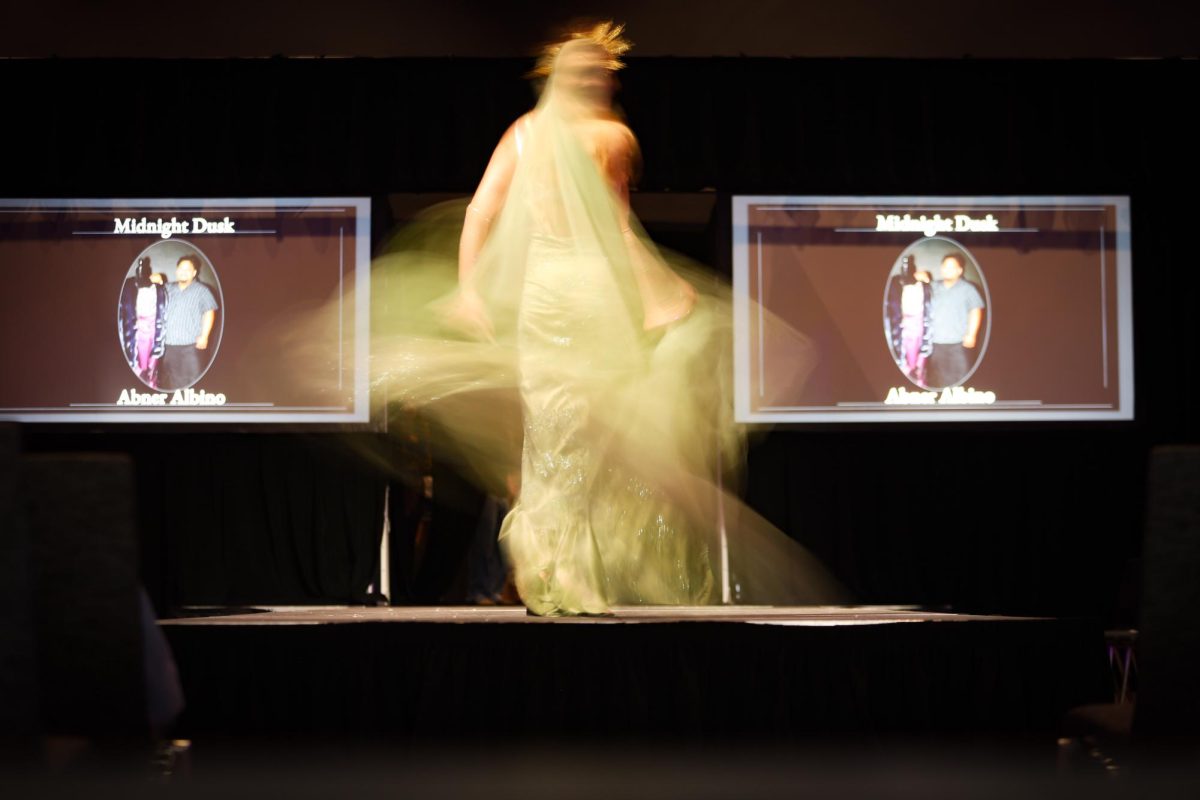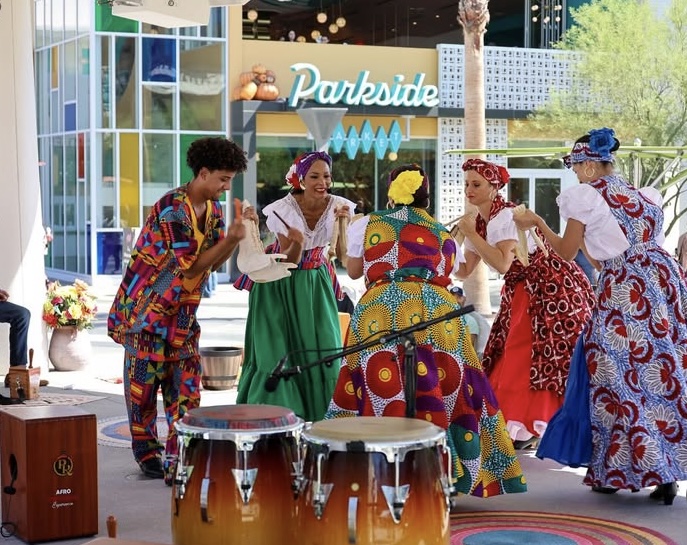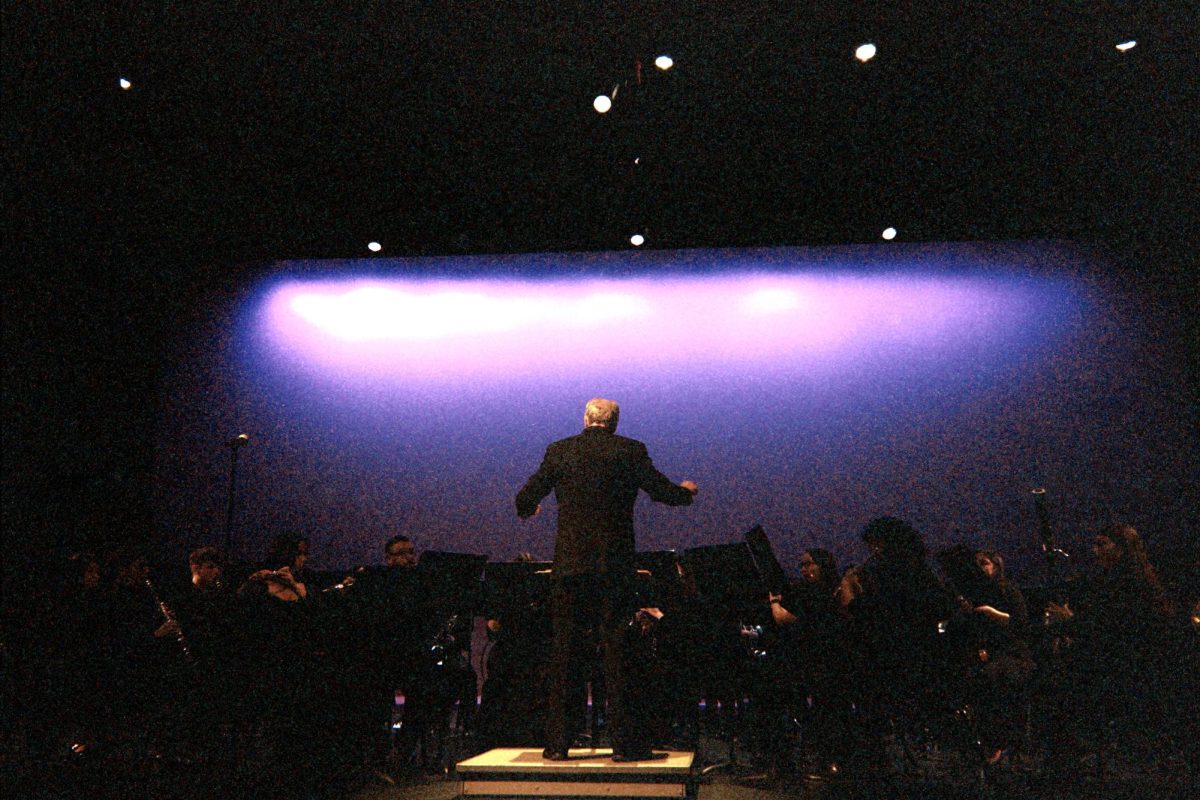
By Andrew Lopez
Lykke Li is a young woman in an old soul’s body. While she is most well-known for her contribution to “The Twilight Saga: New Moon” soundtrack, it’s interesting to note that she hadn’t ever heard of the ‘tween phenomenon before the offer.
According to an interview with NPR, she accepted because she identified with the film’s themes of love and romance. On her second full-length release, “Wounded Rhymes,” Li battles with her physical age and the age of her soul over two very different types of songs.
Album opener, “Youth Knows No Pain,” as you might expect, identifies heavily with her physical age. Church organs rock ‘n’ roll as handclaps and an assortment of percussion invite hip shaking and promiscuous thoughts. “Pain” is a lot of fun, but manages to keep such a distance that it doesn’t feel as heartfelt as the other tracks do. This is the internal struggle that dominates “Wounded Rhymes.”
By far the most engaging, old-time feeling song belongs to the album’s fifth track, “Unrequited Love.” It’s a classic throwback to the ‘60s as Li’s uniquely tender, yet strong voice is shown off, guided by a minimal rhythm section and electric guitar balladry. Li sings, “All this love in unrequited / twice the pain, the suffering,” with more somberness than you’d expect from a 25-year-old. She even adds some “shoo wops” in there for good measure.
What follows is unexpected, and slightly puzzling. “Get Some,” the album’s first single, offers the most over-the-top, sexually suggestive track of Wounded Rhymes. Percussion sets the pace while Li sings, “I’m your prostitute / you gon’ get some.” The energy is raw, wild and uninhibited, while still managing to be the album’s standout for accessible, radio-friendly appeal.
The battle between the young, provocative and spirited versus the old, somber and heartbroken, is magnified by these two tracks resting against one another. On one hand, she is full of energy on the more age-appropriate tracks. Li is a master provocateur, using sexuality and raw talent to draw listeners into a place where they shut up and listen until the song is finished. On the other hand, Li aims straight for the heart, when her voice is dubbed several times over, surrounding ears with the voice of a broken, hopeless romantic. Either way, it’s clear her talent reaches far beyond any type of pigeonholing one might try to assign.
The album ends with the unforgettable, “Silent My Song.” A faint orchestral arrangement plays for a second, as Li uses the stage to show off her truly gorgeous voice. The single most powerful moment of “Wounded Rhymes” occurs when dubbed vocals help her belt the chorus, giving the listener a sense of the wide-range Li’s voice can cover.
“Wounded Rhymes” is a tale of two albums merged as one. Li shows she doesn’t always need to be somber to make compelling music, but it’s clear that it helps. Whether she’s singing about “getting some” or how her love is never returned, Li proves that good music comes from the soul, regardless of age.
**** out of five stars





